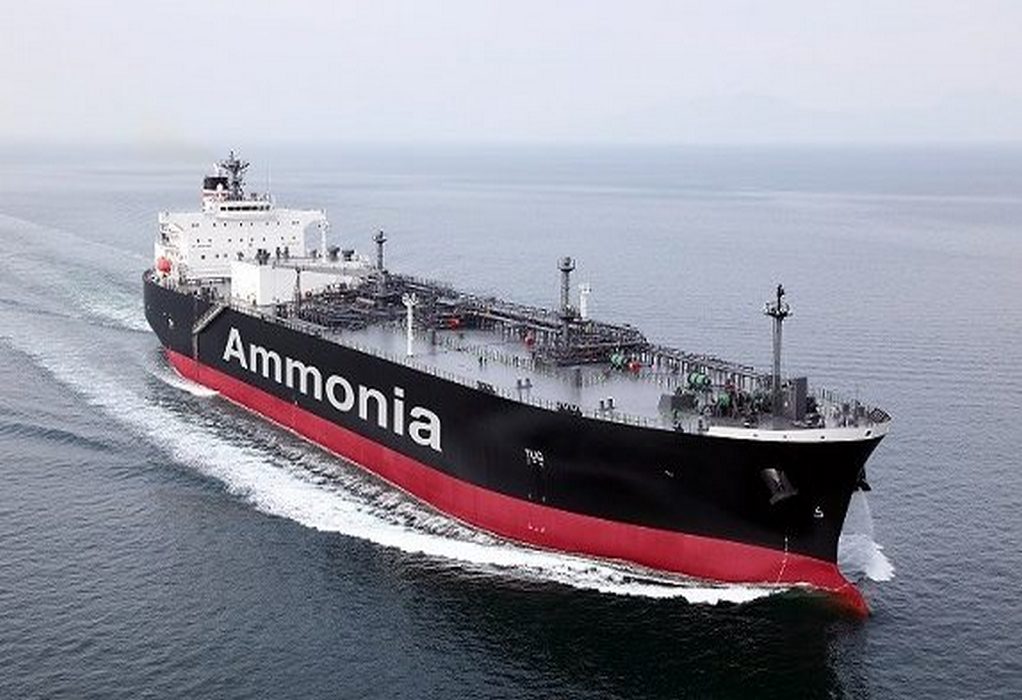A new study led by the Massachusetts Institute of Technology (MIT) has warned over the health risks from shipping’s switch to using ammonia as its future fuel.
Ammonia combustion generates nitrous oxide (N2O), a greenhouse gas that is about 300 times more potent than carbon dioxide, the study points out. It also emits nitrogen in the form of nitrogen oxides (NO and NO2, referred to as NOx), and unburnt ammonia may slip out, which eventually forms fine particulate matter in the atmosphere.
The study indicates that, under current legislation, switching the global fleet to ammonia fuel could cause up to about 600,000 additional premature deaths each year. However, with stronger regulations and cleaner engine technology, the switch could lead to about 66,000 fewer premature deaths than currently caused by shipping emissions, with far less impact on global warming.
The researchers considered two ship engines. The first burns pure ammonia, which generates higher levels of unburnt ammonia but emits fewer nitrogen oxides. The second engine technology involves mixing ammonia with hydrogen to improve combustion and optimise the performance of a catalytic converter, which controls both nitrogen oxides and unburnt ammonia pollution.
Tags: Ammonia, Fuel, MIT, N2O, Study



Recent Posts
Stena Line’s Hybrid Ferry Stena Futura Completes Sea Trials, Set to Boost Irish Sea Freight Capacity
Taiwanese owner makes methanol move with WinGD across multiple engine orders
Econowind installs four VentoFoils on tanker M/T JUTLANDIA SWAN
Global Maritime Groups Unite to Launch Alliance for Electrification of Shipping Sector
India Charts Green Future for Maritime Sector with Hydrogen Hubs and Sustainable Port Strategy
ZeroNorth’s SMARTShip platform integrates with ClassNK MRV portal to automate emissions reporting
Towngas Partners with TLB, Pacific Basin to Advance Green Marine Fuel Infrastructure in Hong Kong
SECI Extends Bid Deadline for Green Ammonia Tender Under SIGHT Scheme